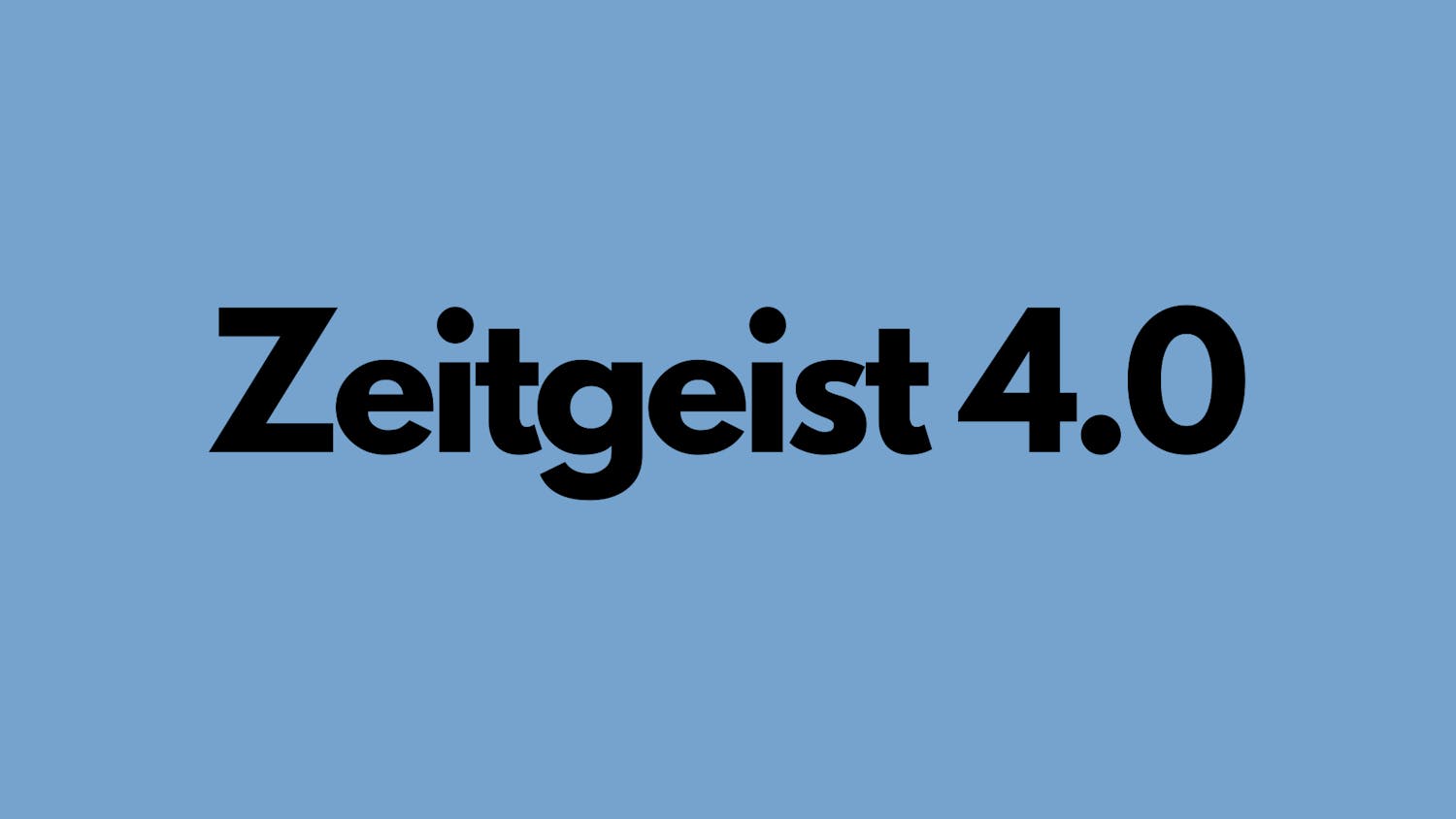Upon learning on Sunday, Nov. 28 that Morocco was about to halt all incoming flights, three Middlebury students — who had been taking classes in the country during the fall 2021 semester — faced the urgent decision whether to find a flight out of the country within the day or to stay in Morocco and hope the travel shutdown would not extend beyond the original two weeks.
The Moroccan government instituted the ban due to concerns about the spread of Covid-19 and the new Omicron variant.
Abby Schneiderhan ’23 and Eliza King Freedman ’23 were visiting Paris to celebrate Thanksgiving when Morocco instituted a ban on direct flights from France starting Nov. 26. Because Morocco had not yet banned all incoming flights, Schneiderhan and King Freedman were able to reroute their return trip through Lisbon and successfully departed Portugal for Rabat on Monday, Nov. 29.
When the pair landed in Morocco that afternoon, they turned on their cellphones to a text from their program coordinator informing them that they would likely need to leave that night because Morocco had suspended all air travel.
“We weren’t super freaked out until we got off the plane in Rabat,” King Freedman said. “We didn’t realize that Morocco was locking down or that the suspension of flights coming into Morocco meant that there would be no more flights out of Morocco either.”
Though outbound flights were not explicitly banned, it is not economically practical for airlines to fly empty planes to terminals in Morocco. Thus, the only remaining outbound flights were those on planes that had entered the country before the travel ban commenced.
In further communication with program coordinators, Schneiderhan and King Freedman were told they needed to decide as soon as possible whether they wanted to leave within the next 24 hours or stay. The two-week lockdown period would end on Dec. 16, three days before the end date of the school semester, but there remained the possibility that Morocco would extend the travel ban.
“Our immediate reaction was, why are you putting the responsibility for that decision on us?” said King Freedman. “They told us that Morocco has a pattern of extending lockdowns, and when we asked if there was a contingency plan to get us out of the country if we stayed and the lockdown extended, the answer was no.”
When Morocco instituted a similar travel shutdown at the beginning of the Covid-19 pandemic in March 2020, American students were stranded in the country for weeks before the U.S. State Department began chartering empty planes to retrieve them.
Bill Mayers, assistant director for international programs in China, India, Jordan and Morocco, explained that the time crunch students faced in deciding whether or not to leave was exacerbated by the fact that they were traveling back into Morocco at the time that the border shutdown was announced.
“We have contingency plans for the borders to close,” Mayers wrote in an email to The Campus. “In this instance, however, a number of the students had left the country to celebrate Thanksgiving in France… and did not arrive back in Rabat until late Monday afternoon. By that time, however, Moroccan authorities had announced that they were instituting a complete ban on all international flights as well as the ferries with Europe.”
Schneiderhan and King Freedman ultimately informed their program coordinator they wanted to leave, and the college told them a travel agent would book them flights home. A third Middlebury student, Katie Wilmore ’23, who is studying in Morocco for the full year rather than just the fall semester, opted to stay.
The travel agent, employed by Middlebury, booked Schneiderhan and King-Freedman tickets on a Royal Air Maroc flight leaving the next day, but it was almost immediately canceled as the airline announced its suspension of all inbound and outbound international flights starting that night.
Looking for alternatives, Schneiderhan was able to buy a ticket on one of a number of empty AirFrance planes that the French government had chartered to repatriate French citizens.
“Although I appreciate the program’s travel agents trying to book us flights to leave, it was kind of frustrating being able to book a flight myself for the next day after an entire travel agency said that there were no tickets left to leave Morocco,” Schneiderhan said.
King Freedman tried to book the same flight, which would depart the morning of Tuesday, Nov. 30, but repeatedly encountered a glitch that prevented her payment from processing. She arrived at the airport early Tuesday morning to pay for her ticket in person, where she learned that many other people trying to leave the country had encountered the same obstacle because the system was overwhelmed by the amount of users trying to book flights.
“I was extremely anxious and upset because I thought I was not going to be able to get on a flight out of Morocco. I was basically begging the airport staff to let me on a flight,” King Freedman said.
Thirty minutes before the flight was scheduled to depart, King Freedman was finally allowed to purchase a ticket. She and Schneiderhan flew to Paris, where they then boarded a flight to New York. The pair were safely back in the United States by Tuesday evening.
“The entire process was so hectic. The college didn’t even inform our host families we were leaving, so as I was scrambling to pack up, my family was asking me what was going on,” King Freedman said.
Schneiderhan and King Freedman will complete their remaining two weeks of class and final exams remotely. Mayers expects the transition will go smoothly.
“Our instructors in Morocco were prepared to switch to remote classes in an event like this, or if students were forced to isolate because of Covid-19,” Mayers said. “Academic continuity should not be a problem.”

Ideal Dowling '22 is an Editor at Large.
She previously served as a copy editor and Local section editor.
Dowling is majoring in Political Science and minoring in French and History. During the summer of 2021, she worked as a consultant for the startup accelerator Aegis Ventures and as a research assistant for Professor Stanley Sloan as he worked on his book "De-Trumping U.S. Foreign Policy: Can Biden Bring America Back?" In addition to her work at The Campus, Dowling is captain of Middlebury's women's squash team and an employee at the Middlebury College Museum of Art.



